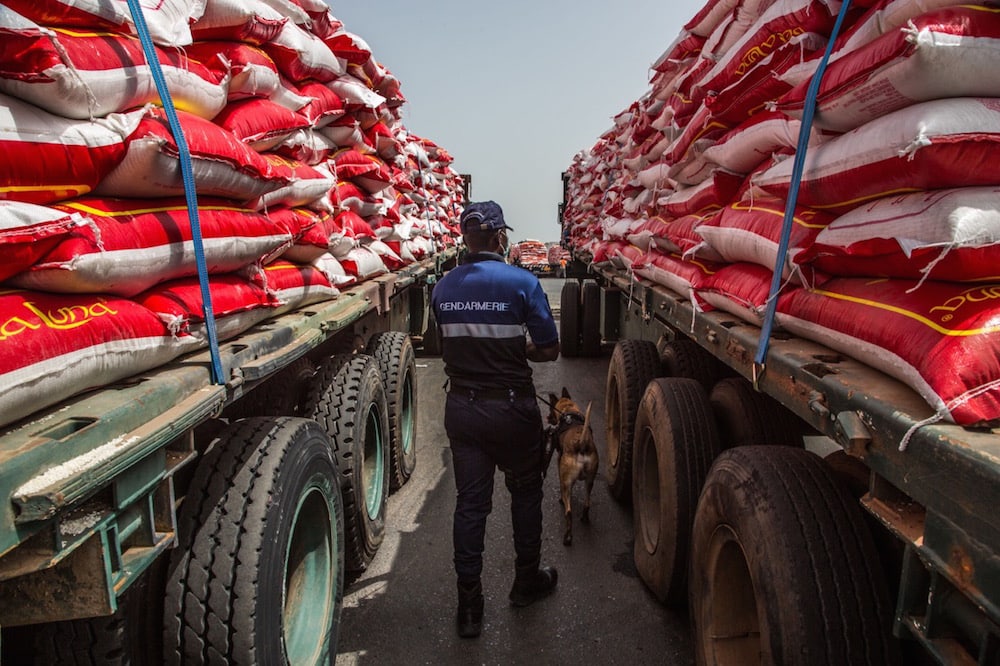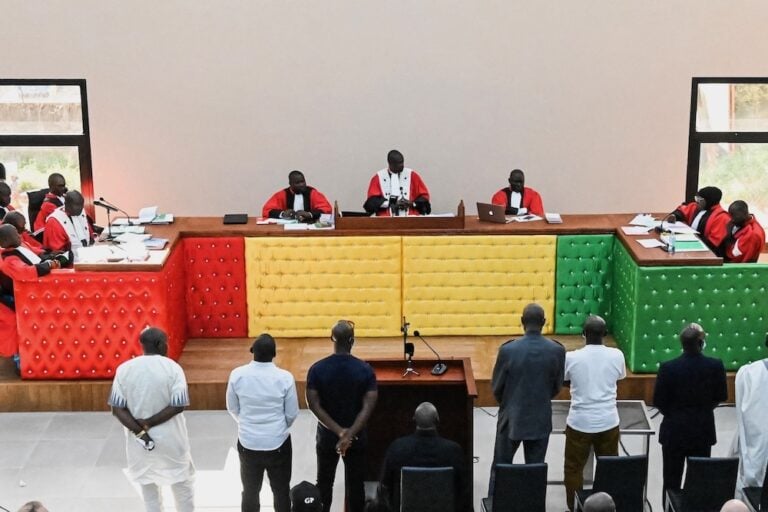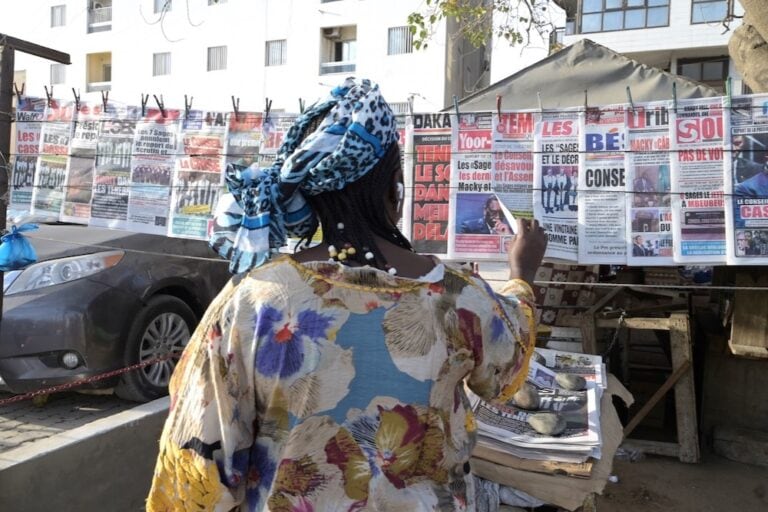Senegalese journalist Cheikh Yerim Seck has been placed under judicial supervision after being charged with spreading false news and contempt in the exercise of his functions.
This statement was originally published on mfwa.org on 22 June 2020.
The gendarmerie in Senegal have arrested and arraigned a journalist before court on charges of making false allegations against the paramilitary force.
Cheick Yerim Seck, a former Jeune Afrique reporter and founder of the online newspaper Yerimpost, was arrested on June 15, 2020 and subsequently placed under judicial control by a court the following day.
His arrest followed an interview on 7TV in which he challenged the gendarmerie regarding the amount they declared to have seized in a raid on the premises of a company suspected of corrupt practices.
Seck insisted that, the amount seized from the Lebanese-owned Batiplus company was 4 billion CFA Francs, much higher than the amount the paramilitary group had declared to the authorities.
He was detained overnight at the Thionk gendarmerie in Dakar after he refused to disclose the source of his information under intense interrogation.
He was released on bail when he appeared in court on charges of publishing false information, but placed under judicial control. This means that he has to report to the authorities on a regular basis and cannot leave the jurisdiction.
The arrest and detention of the journalist have been condemned by several press freedom organizations in Senegal including the journalists’ union, le Syndicat des professionnels de l’information et de la communication du Sénégal (SYNPICS), MFWA’s national partner organisation in Senegal.
“The protection of journalists’ sources of information is the basis of press freedom and is an essential pillar of journalistic ethics. Consequently, a journalist cannot in any way be asked to betray his sources,” said a press release by SYNPICS.
Although Senegal has not decriminalised press offenses, the country is bound by international instruments on press freedom which recognise the sanctity of journalists’ sources. The attempt by the gendarmerie authorities in Senegal to intimidate Seck into revealing his sources, is therefore unacceptable.
While the MFWA will not condone fake news and frivolous allegations by media professionals, we also insist that the detention and criminal prosecution of journalists for suspected false publication and defamation is retrogressive. In view of this, we urge the Senegalese authorities to take steps to decriminalise press offenses in order to give real meaning to Article 8 of the country’s constitution which guarantees press freedom.



